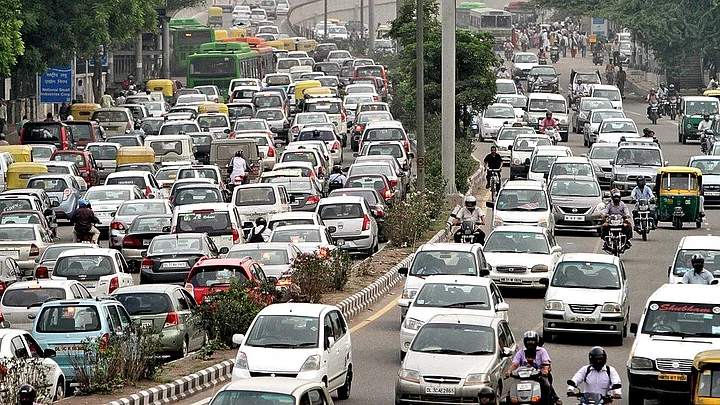The year 2019 was one of the worst for India’s auto sector, with a general slowdown putting the brakes on sales. All eyes are now on India’s Finance Minister, Nirmala Sitharaman and her second Union Budget to be presented on 1 February 2020.
Will there be some respite for carmakers? Will prices come down after the Union Budget? Will consumer sentiment improve and buyers have more money in their pockets after the Budget? Here’s a look at some of the Budget 2020 expectations from India’s automakers.
Electric Vehicle Focus
Automakers have sought measures like a reduction in GST (goods and services tax) and removing import duty on lithium-ion batteries (to boost electric vehicle sales).
Carmakers who are offering electric vehicles already are upbeat about the government’s announcements. However, they feel that more work needs to be done to promote electric vehicle (EV) adoption in India not only in public transport but amongst private customers as well.
“We hope the government provides the right policy, incentives, and charging infrastructure to put more EVs on the road. It should also look at providing incentives to stakeholders for sourcing critical raw materials for EV battery manufacturing in India.”Gaurav Gupta, Chief Commercial Officer, MG Motor India
Companies feel this will enable a strong EV-centric ecosystem and will be beneficial for the long-term growth of this space.
Boosting Demand
However, demand is likely to be weak in the coming months for new cars owing to the shift to Bharat Stage 6 emission norms (BS-VI), which will increase the prices of all new vehicles, across the board.
“The government should also look at offsetting the increase in GST costs due to the recently-introduced BS-VI norms to stimulate market demand for ICE vehicles,” says Gupta of MG Motor India.
The Society of Indian Automotive Manufacturers (SIAM) also sees demand dropping in the next few months.
“From April 1 after implementation BS-VI norms the cost of cars will increase and that will lead to a decline in demand. We want the government to lower GST so that auto sales does not get affected.”Rajan Wadhera, President, SIAM
SIAM also sees prices of commercial vehicles going up between 8 to 10 percent because of BS-VI emission norms, especially for diesel vehicles because of the more expensive emission control systems that will be used.
GST Reduction
Industry experts say that automakers are expecting the government to reduce GST from 28 percent to 18 percent on some categories of vehicles. However, with GST being a key revenue earner for the government, they aren’t quite optimistic about this, considering the last time around the government did not change GST slabs for cars.
Besides that carmakers are also hoping the government comes out with an incentive-based scrapping policy. This will get old vehicles off the road and encourage buyers to pick up new ones (boosting demand), while offering some monetary incentives.
Automakers have collectively proposed a 50 percent reduction in GST, registration and road tax for those who scrap their old cars for a new one.
Watch this space for more expectations from the industry in the coming days.
